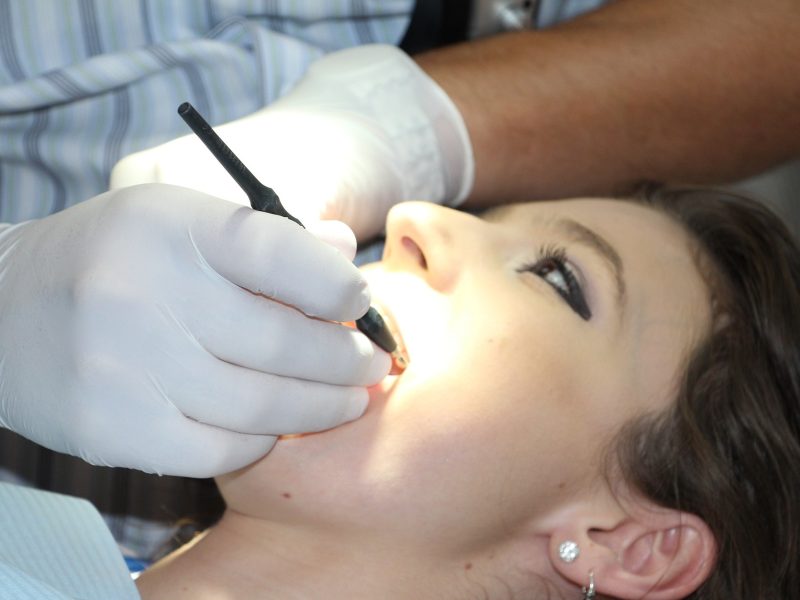Desperate residents are performing their own dental work because of a chronic shortage of NHS provision in the region.
Councillors said the system was in a “death spiral” with an increasing number of practices going private and dentists leaving the area or the profession altogether.
A foster daughter who moved to South Gloucestershire could not find a dentist and so had to return to Swindon for treatment while a family of Ukrainian refugees even travelled back to their war-torn homeland because they could be seen there quicker, a council meeting heard.
NHS bosses admitted there was a “workforce crisis” but they were trying “innovative” ways to improve the situation, including offering more favourable contracts to dentists.
But South Gloucestershire Council health scrutiny committee members said they were not reassured and that wholescale changes were needed.
Kingswood ward Labour Cllr Andrea Reid said: “In terms of people performing their own treatment, we are way past that point. It’s not a future tense we are trying to avoid, it’s already happening. Several dentists I’ve spoken to said quite simply that the reason they can’t keep NHS dentists is because they’re not allowed to make a profit. The NHS dentist students are staying for a year, realising they can make more money in the private sector and they leave.”
Frenchay & Downend ward Conservative Cllr James Griffiths said: “My worry is about the health inequality of this. We’ve had local dentists go private and send a letter to all the residents saying,‘you’ve no longer got an NHS dentist and if you’ve got a family of four, please can we have £600 a year’, depending on the package.
“It’s a national problem and we are in a death spiral with it, and making small alterations isn’t going to resolve the big problem. It’s a death spiral because as more and more people go over to the private sector, they can then pay them more, the NHS service gets worse each year and it will slowly degrade and more people will go over.”
He said dentists had told him they got paid between £30,000 and £60,000 a year more to treat the same patients privately than on the NHS.
NHS South England head of stakeholder engagement Lou Farbus told councillors: “Across the clinical and social care workforce we have a workforce crisis and in the South West we’re an underdog because we have to compete with the rest of the country to fill our workforce gaps.”
She said the NHS was supporting practices and encouraging them to work together in partnership “before they reach a point of crisis”, as well as improving contracts and paying them more for treatment.
NHS England South West director of dental, specialised and health and justice commissioning Steve Sylvester told the meeting on Wednesday, January 25: “I fully recognise the challenges. It has been a longstanding matter.
“A lot of work has been done nationally in terms of the contract where you get paid one rate for NHS and another for private provision. Our ability to control and influence practices is hampered. They are independent businesses in the main. We’re trying to secure more additional capacity and we are trying different pathways of care.
“This is a big tanker to turn around. It’s been sailing in the wrong direction for a number of years. The challenge we face is we don’t have a right to be registered with a dentist – it’s not a GP practice. It is hard, I’m not going to deny it, but we have a dental community who want to work with us now and we are listening to and supporting them.”
By Adam Postans, Local Democracy Reporter


